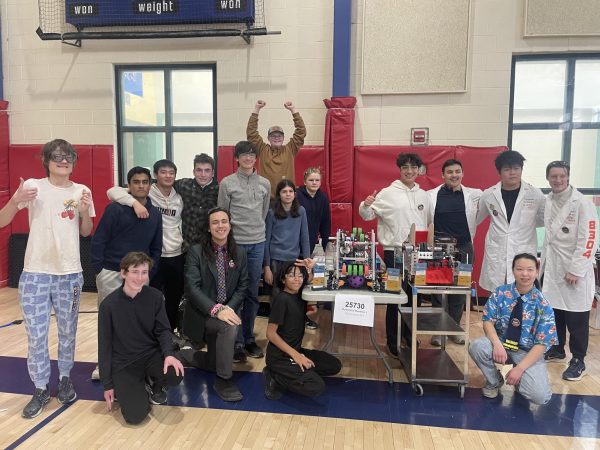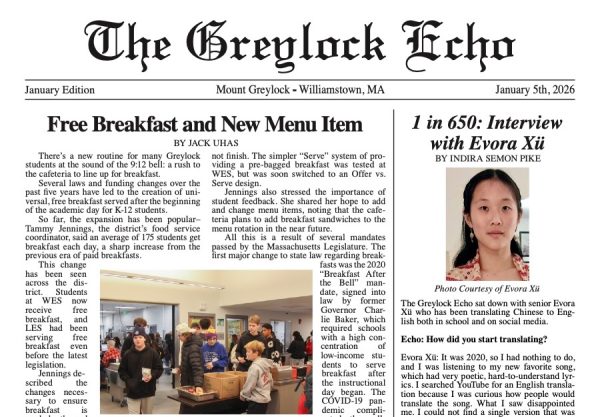Justin Crowe Discusses Trump at Greylock Talks

On Wednesday, September 21, Justin Crowe, Associate Professor of Political Science at Williams College, presented the first Greylock Talks of the 2016-2017 school year. Crowe presented in the pit of the library because Ms. Fohrhaltz moved into the meeting room due to construction on the school, but the Talk easily filled the space. Crowe’s talk, “A State of Unremitting and Unrivaled Chaos: Trump’s Hostile Takeover of the Grand Old Party,” focused on the current Presidential Election and the clash of Republican candidate Donald Trump within his own party. Crowe introduced three factors that determine the effectiveness of a political party: idea coherence, mass-elite unity, and organizational discipline. In other words, a party must have homogenous ideas, a strong connection to their voters, and the capability to check same-party politicians who veer too far off the party’s messages. With the nomination of Donald Trump, the GOP, Crowe argues, has lost its effectiveness. Trump’s statist, populist, and nativist ideals, vary greatly with the GOP’s values of free market, family values, and hawkish foreign policy. More specifically, Crowe showed that Trump’s views on the entitlement and immigration reforms and support for Russian President Vladimir Putin challenge the views of other republicans. Trump also brings attention to the mass-elite disjunction for the GOP. A majority of the republican party were not in support of nominating Donald Trump, even Speaker of the House Paul Ryan refused support for the candidate. However, polls have clearly shown a strong support for Trump during the primary election.
Crowe stayed long after the end of high school directed study, entertaining a crowd of questions. He was pleased with how well the Talk went: “It was a real pleasure to be here and I’m pleased to see so many students in attendance. People with questions and coming up afterwards to continue to want to talk about it made it seem like there was a lot of interest for current events and politics, and as professor of political science that was very rewarding.”






